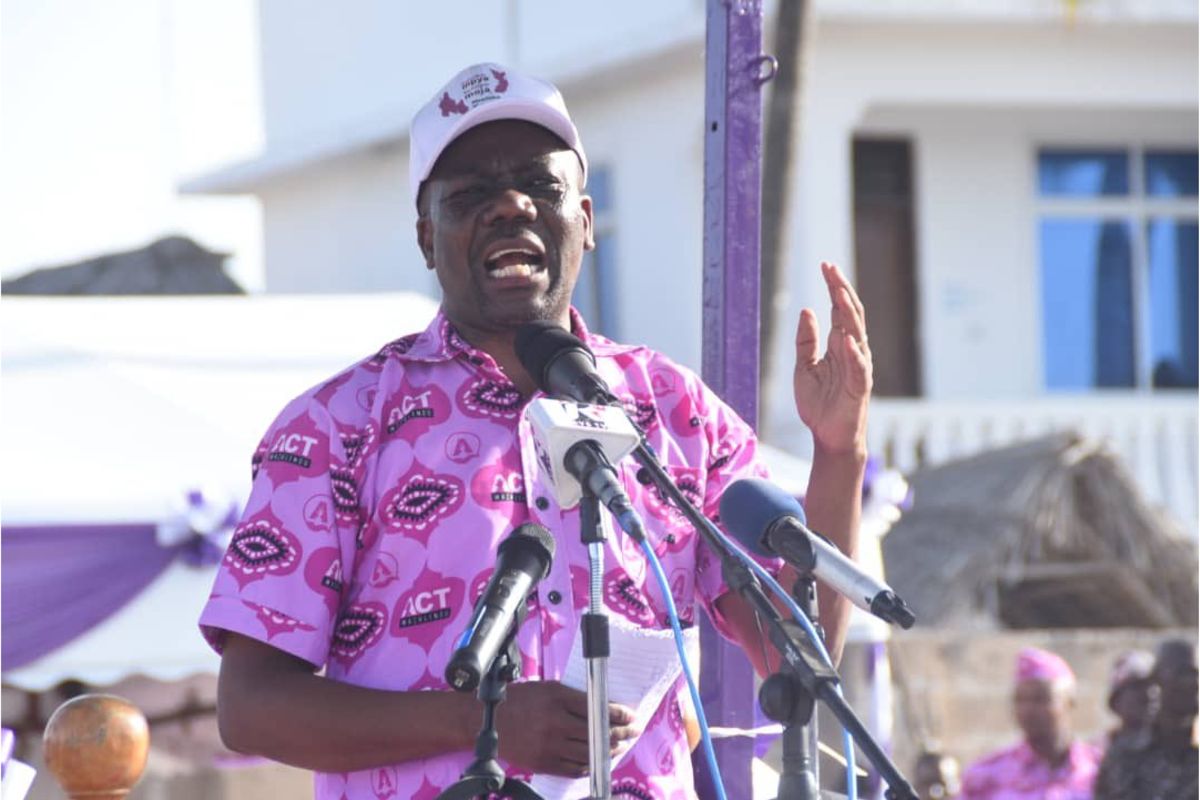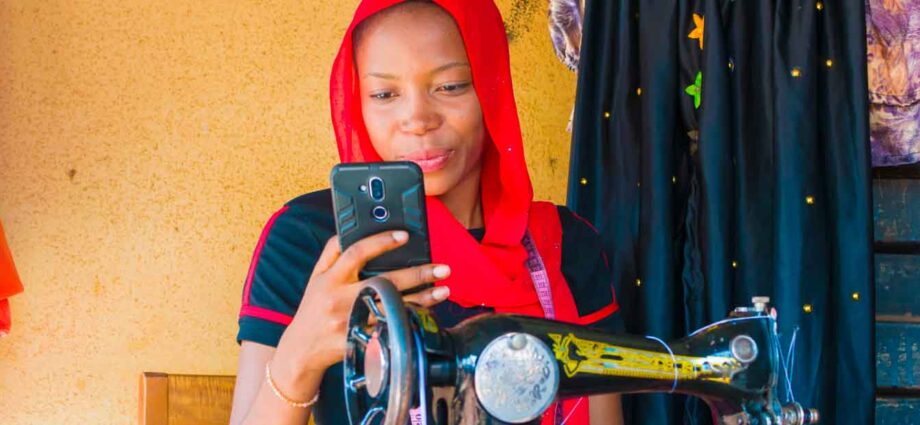One major lesson for Africa from the Covid-19 pandemic is that it had an outsize negative impact on workers in jobs that cannot be performed remotely. Such jobs are typically in the informal sectors that dominate Africa’s economies. Services and other sectors more amenable to remote work were far less affected, which reduced the need for government social safety net interventions.
The pandemic also accelerated the digital transformation known as the Fourth Industrial Revolution (4IR), which was already underway across the globe. As 4IR advances, Africa cannot afford to be left behind. ICT technologies can overcome gaps in a number of key sectors including agribusiness, communications and financial growth, unlocking better jobs, more effective tracking logistics for supply chains and even improved healthcare outcomes.
Fortunately, the continent presents an immense opportunity across a range of areas including mobile services, broadband infrastructure, and data storage. The continent’s young and fast-growing population, which has come of age in the digital era, is hungry for tools and technologies to meet their strong creative and entrepreneurial needs. And the absence of legacy infrastructure in many countries offers an opening to adopt the latest standards and innovations.
Strong coordination between business, governments and other actors such as civil society and regional agencies will be needed.
Days ahead of the opening of its Market Days 2022 event, the Africa Investment Forum is well placed to play an integral role in channeling investment into information and communication infrastructure.
Africa Investment Forum founding institutions, the African Development Bank and the European Investment Bank, supported the West Indian Ocean Cable Company to deliver high-capacity connectivity of over 550 locations in 30 African countries with key financial and commercial centers around the world.
Demand for mobile services—particularly smartphones — is forecast to continue growing rapidly across Africa. The GSMA, an association of the world’s largest number of mobile operators, projects that about 600 million Africans will subscribe to mobile services by 2025, up from 456 million in 2018. Mobile broadband will spur demand not only for creative industries, but for services in fintech and telehealth, creating a knock-on effect.
There is also surging demand for so-called backbone ICT infrastructure, which comprises many different sorts of equipment. This includes root servers, fiber broadband lines, networking switches and routers and cellular towers, to name a few. Building out of all of these elements represent opportunities for investors to meet rampant demand but also significant job creation potential in construction, installation and services.
The IFC and Google report, eConomy Africa 2020, projects an African Internet economy that could reach $180 billion by 2025, accounting for 5.2% of the continent’s GDP. By 2050, the potential contribution could reach $712 billion, or 8.5% of the continent’s GDP.
Another challenge that the Africa Investment Forum is working to overcome is the perception that investing in Africa is risky. Working with partners like United States Trade and Development Agency, The Africa Investment Forum prepares projects in its pipeline, getting them ready for investment.
Given the theme of the 2022 Market Days—building economic resilience through sustainable investments—transactions involving smart and resilient infrastructure are likely to enjoy the spotlight.
The event, which takes place from 2-4 November, will showcase billions of dollars of ICT energy, agribusiness and healthcare deals to investors. It will also promote sectors where Africa has a comparative advantage, such as creative industries, music, film, textiles, and sports.
Since its inception in 2018, the Africa Investment Forum platform has mobilized investment interests in excess of $100 billion.
The platform is an initiative of the African Development Bank and seven other development institutions: Africa 50; the Africa Finance Corporation; the African Export-Import Bank; the Development Bank of Southern Africa; the Trade and Development Bank; the European Investment Bank; and the Islamic Development Bank.
Source: afdb.org
Share this news
This Year’s Most Read News Stories

Zanzibar introduces $44 insurance fee for visitors
Visitors travelling to Zanzibar will now have to pay an insurance fee of $44 (about Sh118,360) with effect from September 1.Continue Reading

Tato faults Zanzibar mandatory insurance for arriving visitors
Tato chairman has dismissed the new policy is an unnecessary and duplicative burden on touristsContinue Reading

Loud calls for investigation of Zanzibar port, ZSSF & airport
The leader of the ACT Wazalendo, Zitto Kabwe has raised three key issue that he said are hindering the economy of ZanzibarContinue Reading












